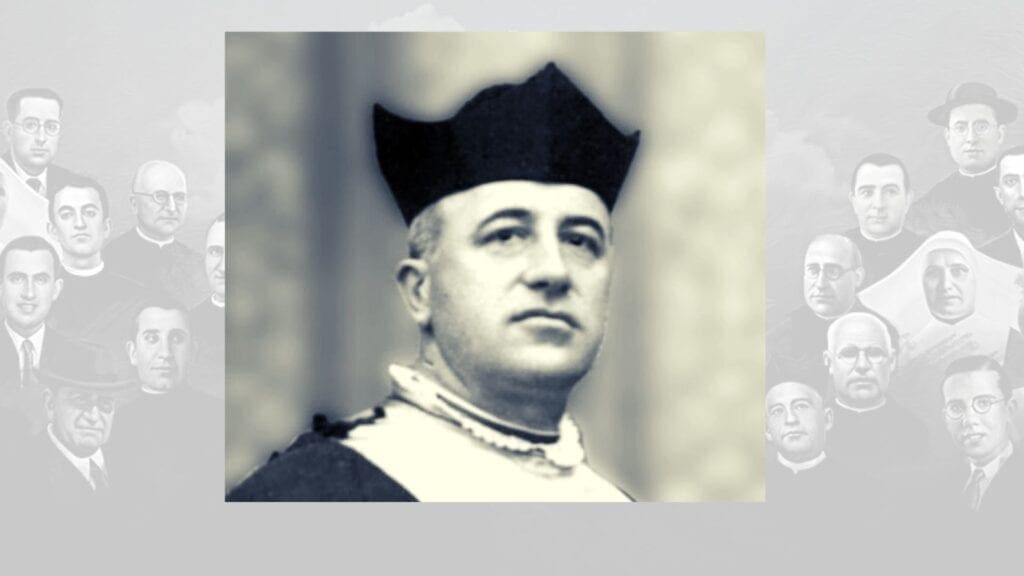Vincentian missionaries are fieldworkers, ministering among the poor and ignorant, but also ministering to those who are educated and wise. Our Founder understood that one of the essential elements for ministry was humility. Humility is a characteristic virtue that cannot be lacking in one’s apostolic ministry. Vincent stated: O holy virtue, how beautiful you are! O Little Company, how loving you will be if God gives you this grace (CCD:XII:168). He then went on to say: humility is the virtue of Jesus Christ, of his holy Mother, of the greatest saints, and, in a word, it is the virtue of Missioners (CCD:XI:46).
It is good to recall the origin of this word since that will help us understand its significance and importance. The word humility comes from the Latin humilitas and is derived from the word humus which means earth (the suffix itas indicates a quality of being). Humility is an awareness of who we are, nothing more nothing less … clay in the hands of the potter who is then able to do his work.
Humility enables us to recognize and admit our weaknesses and limitations and to trust more in God than in ourselves. At the same time, humility enables us to affirm our gifts and talents, gifts from God that are to be placed at the service of others.
Humility is the virtue that enables us to draw closer to the poor and enables the poor to approach us. That virtue enables us to understand that in the eyes of God we are all equals. The antipodes of the humble are the proud of heart who believe they are better than others and who view others as beneath them. Humility enables us to become all things to all people (1 Corinthians 9:22).
Blessed Manuel Requejo Pérez, CM (1872-1936)
Father Requejo entered the Congregation at the age of fifty-six, having been a priest for thirty-three years … he was a professor at the seminary of Burgo de Osma, a canon at Soria, a professor at the Pontifical University of Canarias and secretary to three bishops.
The members of his local community stated that his spiritual life was characterized by a profound humility that was rooted in his noble and enflamed heart. He entered the Congregation at the age of fifty-six after having been engaged in important roles in his diocese. His humility edified the members of his local community.
At the conclusion of his time in the Internal Seminary in Paris, he returned to Madrid (his only appointment as a member of the Congregation), to the house on calle Fernández de la Hoz, where with simplicity and humility he engaged in ministries proper to the Congregation up until the time of the religious persecution. On August 30, 1936, he was martyred in Madrid.
By: Marlio Nasayó Liévano, CM
Province of Colombia
Translated:
Charles T. Plock, CM
Eastern Province, USA


